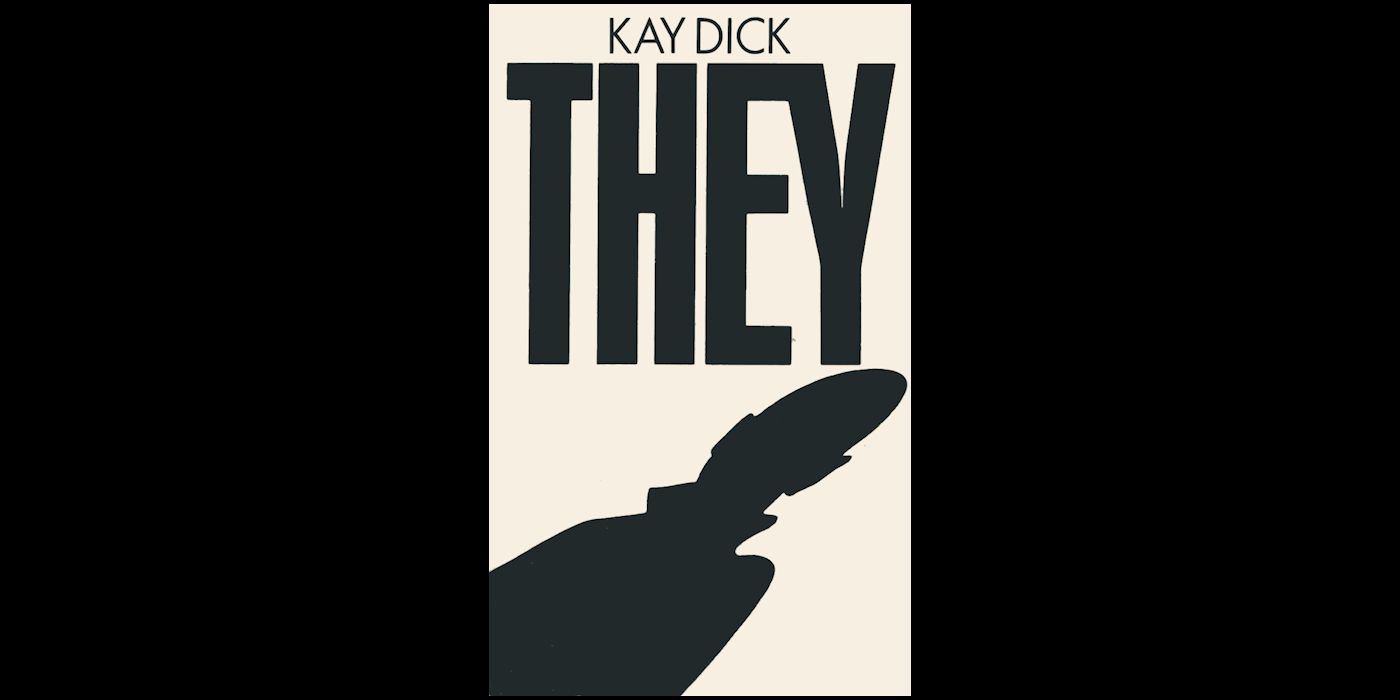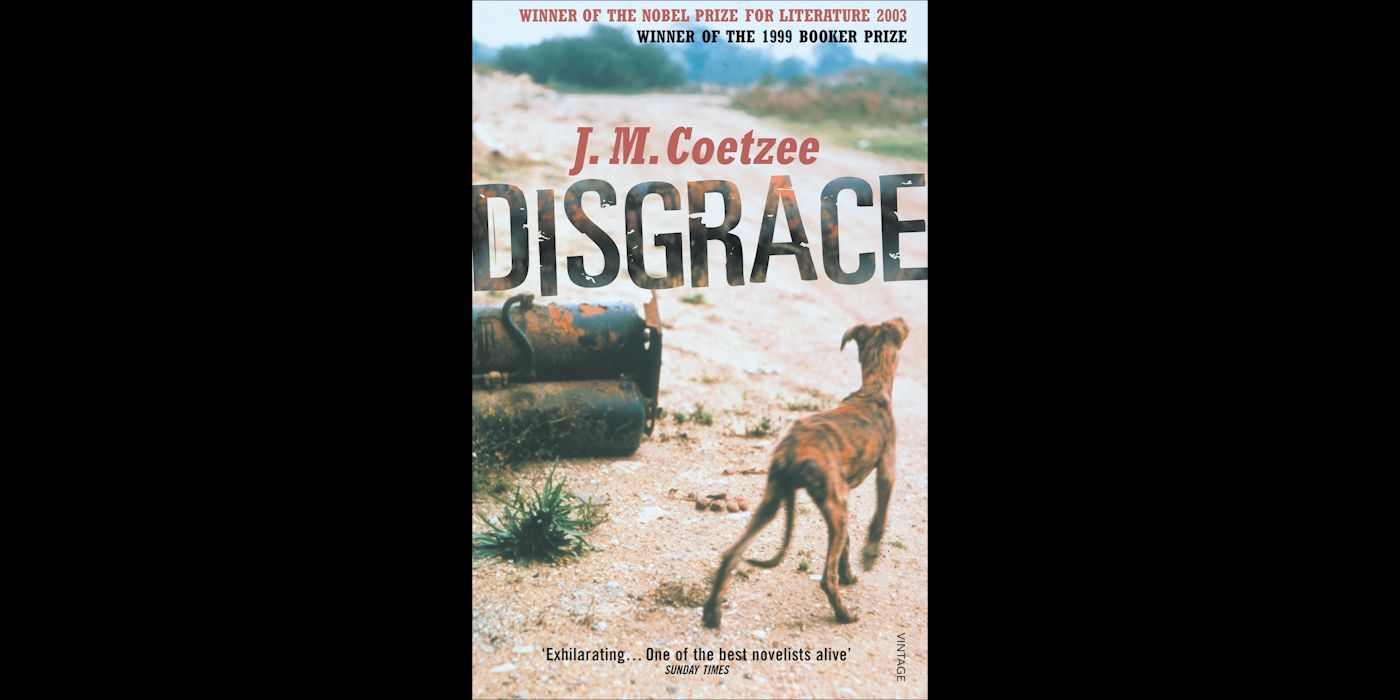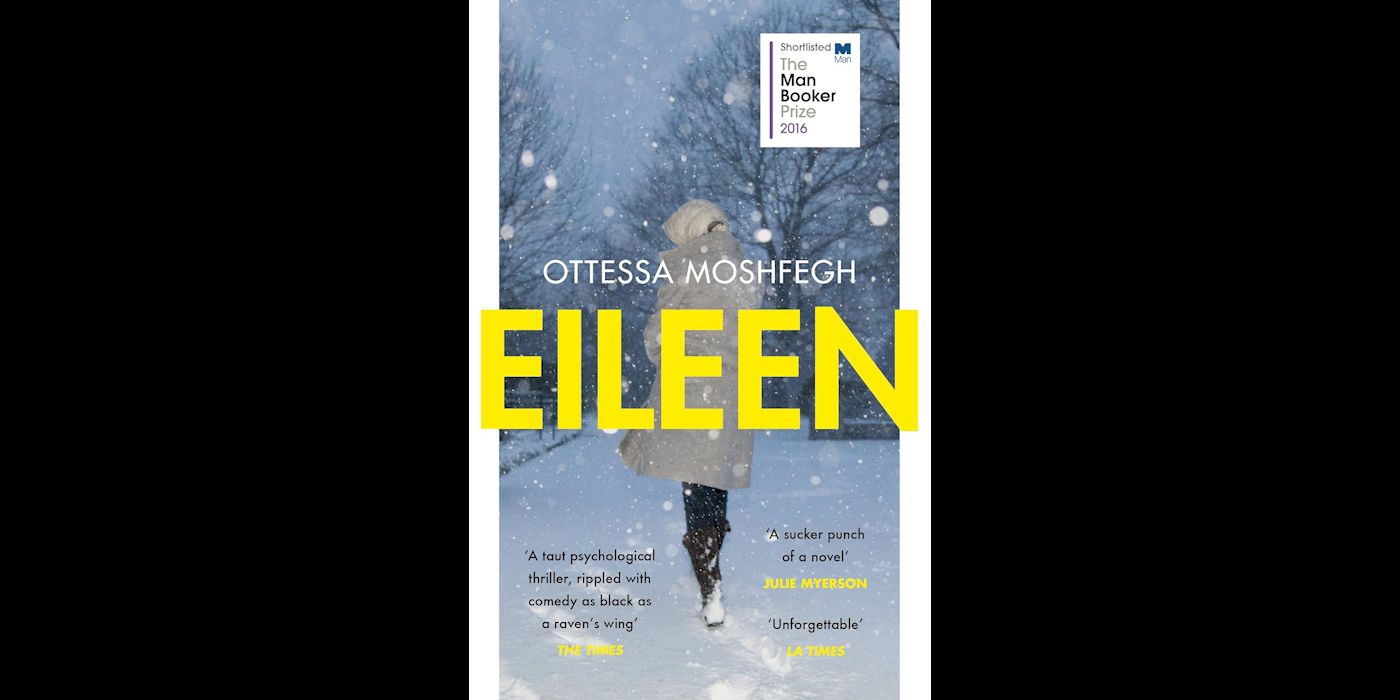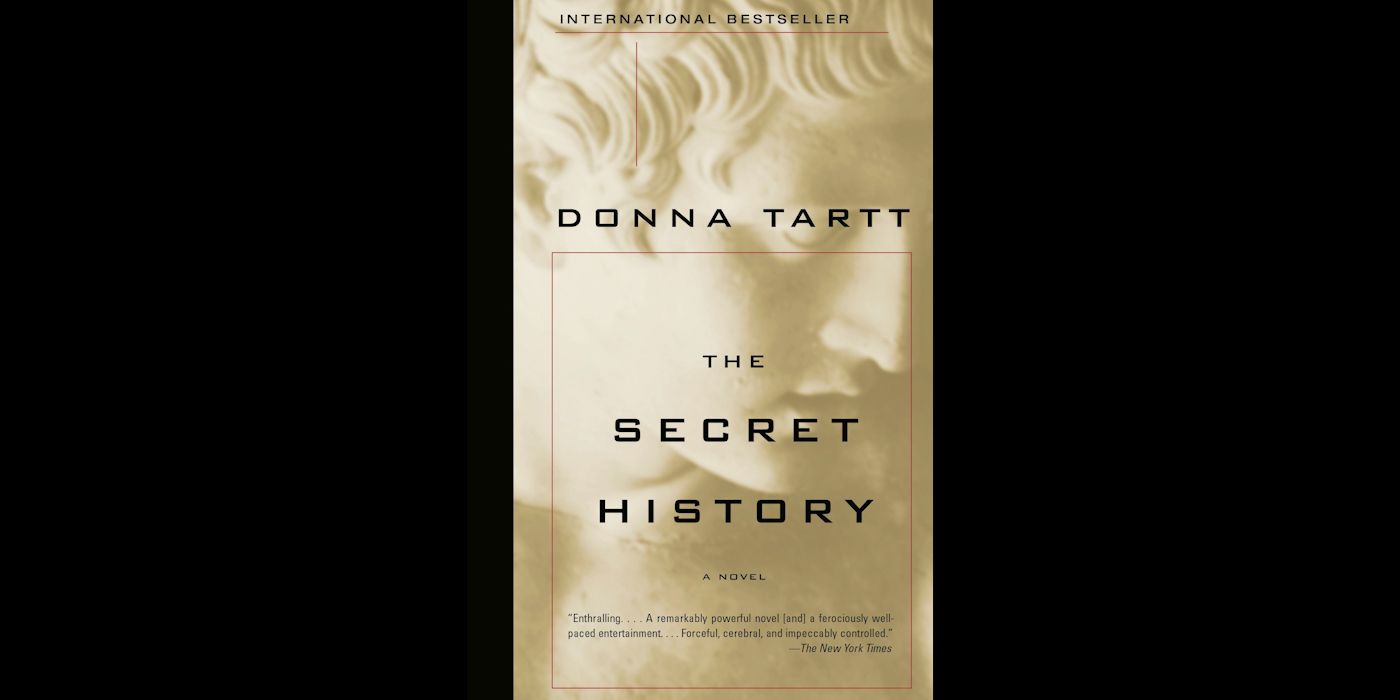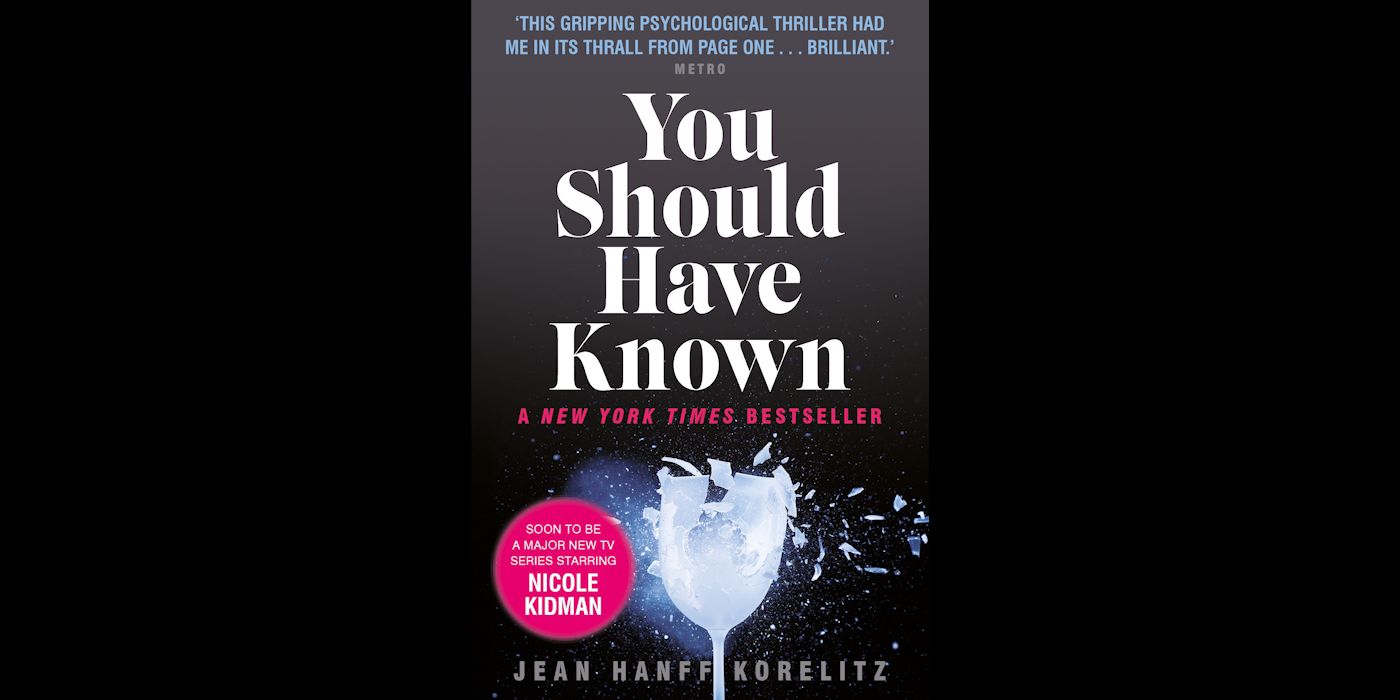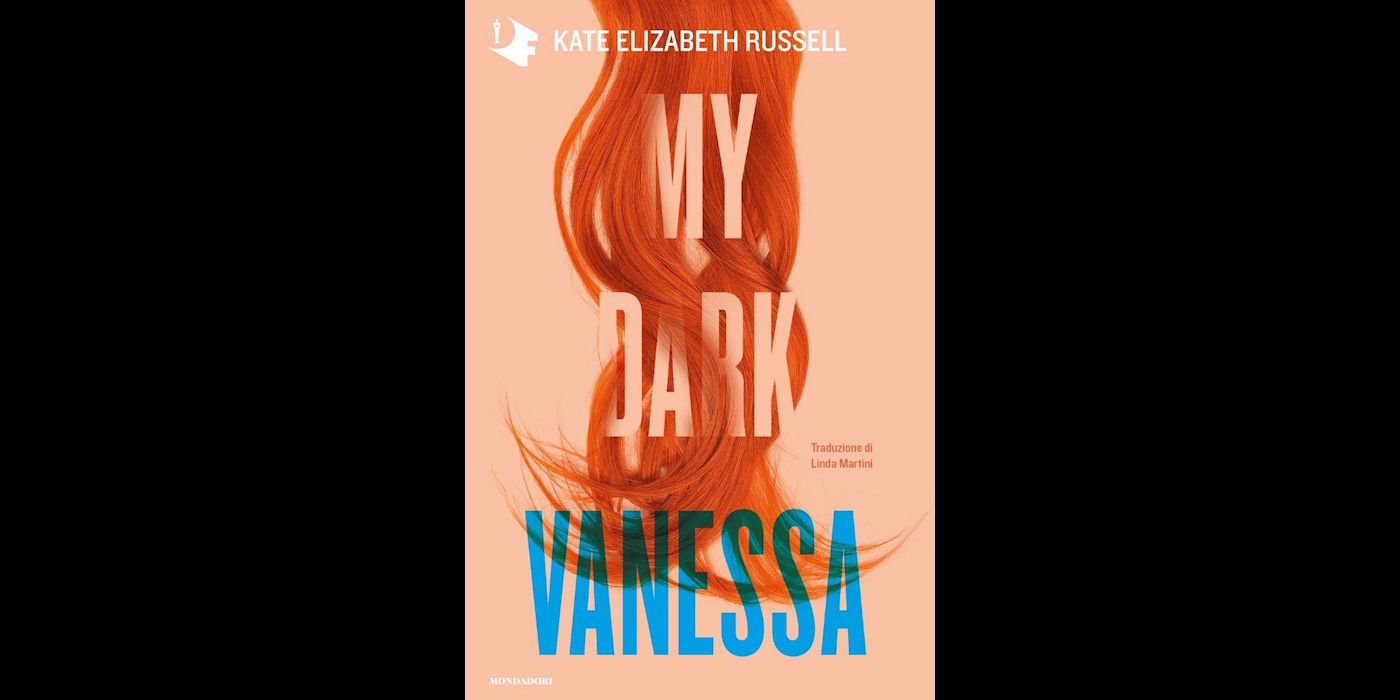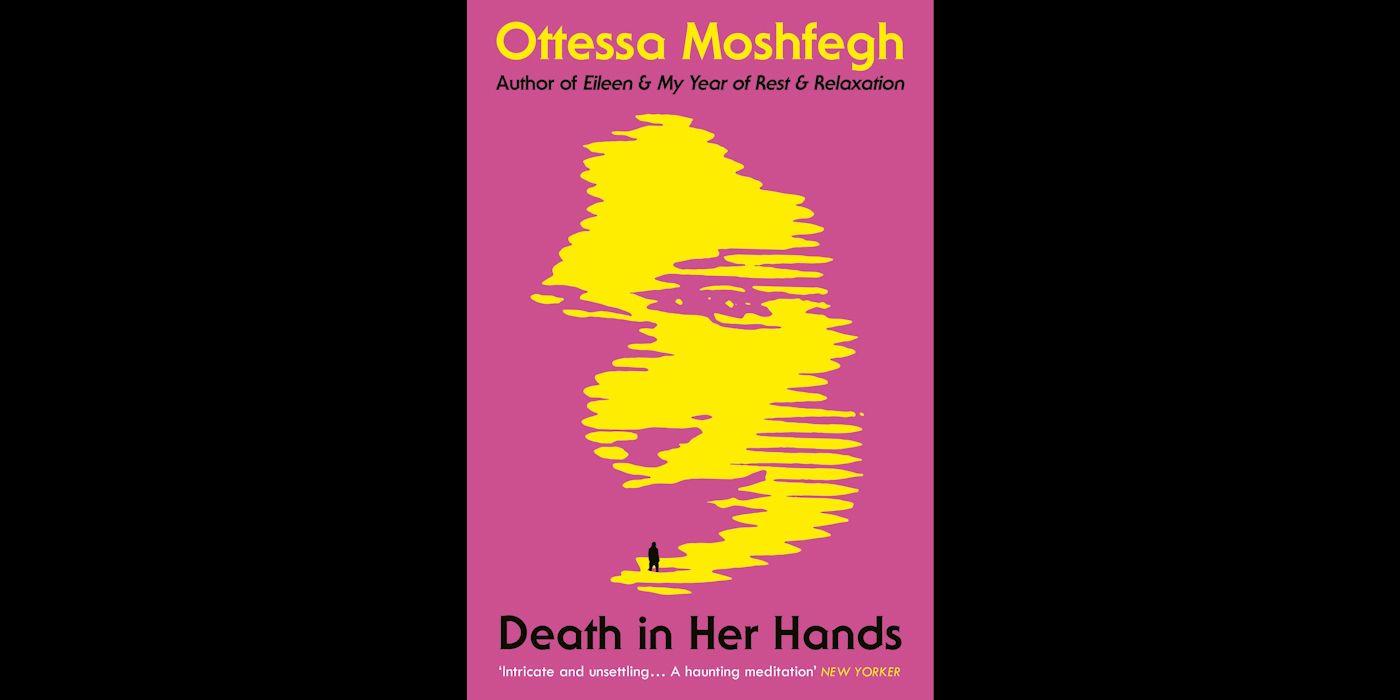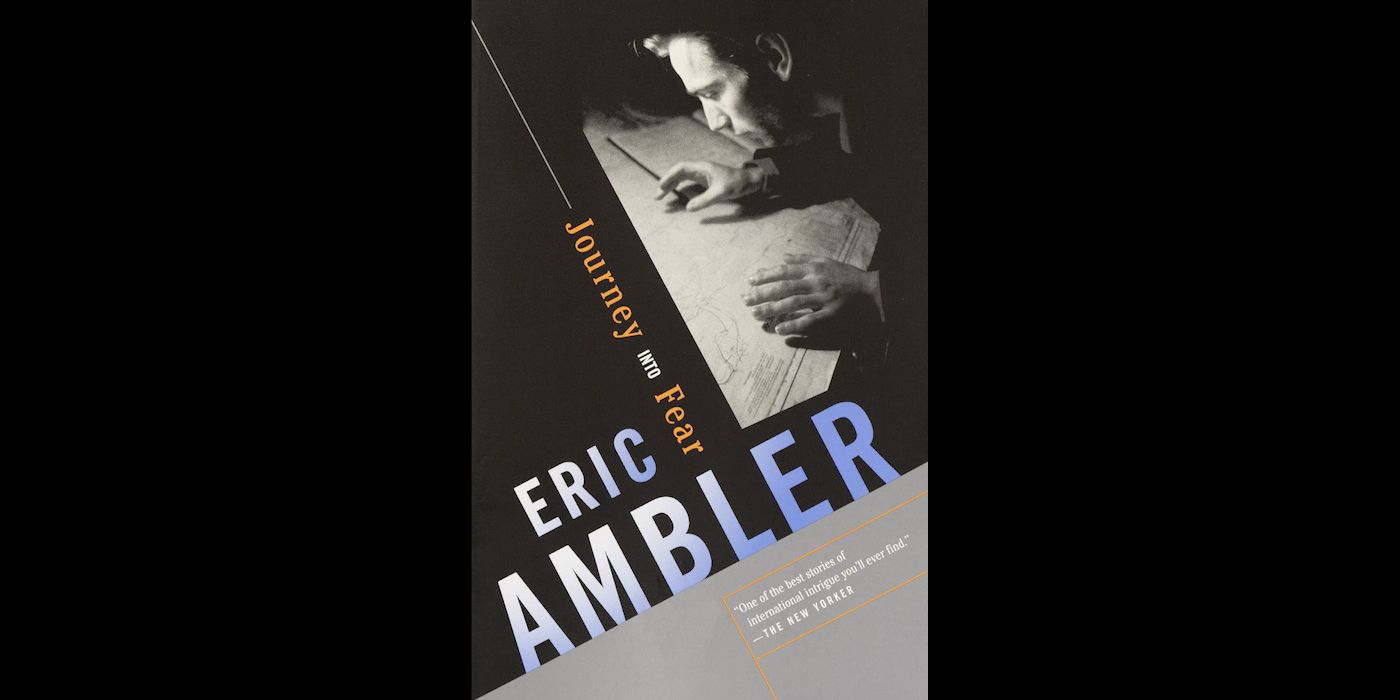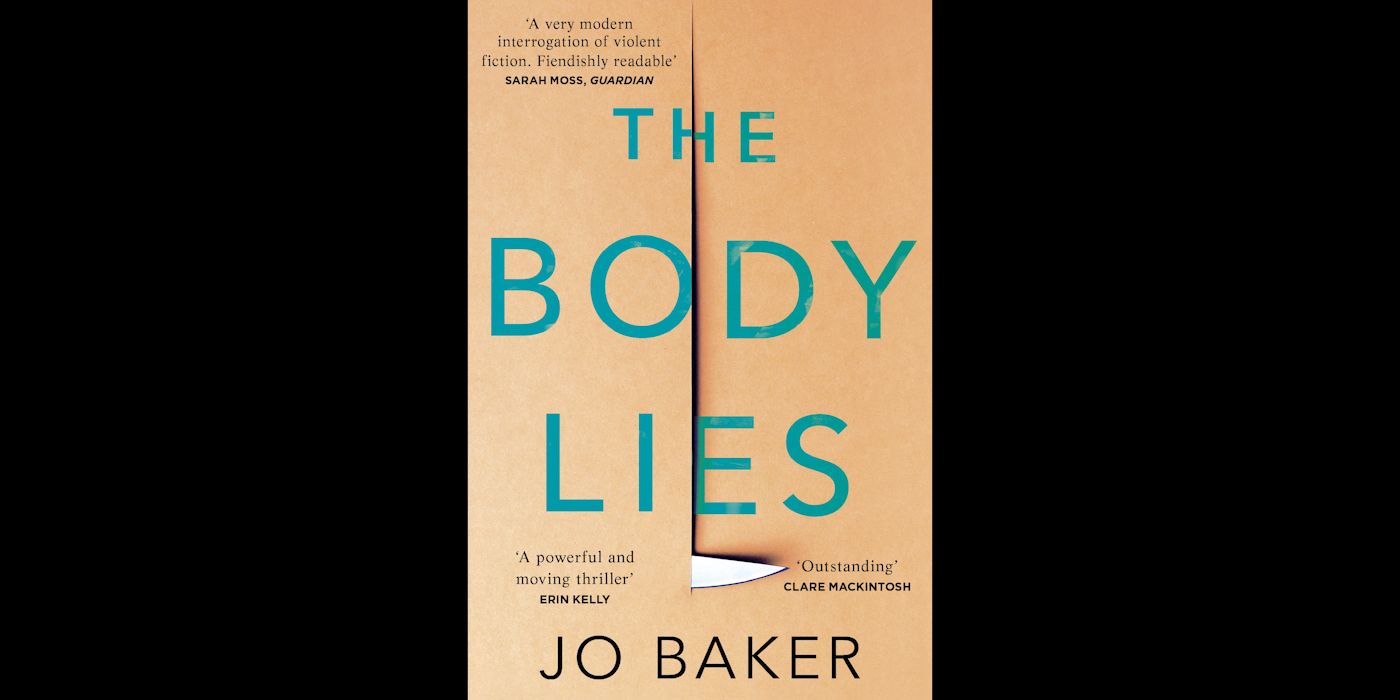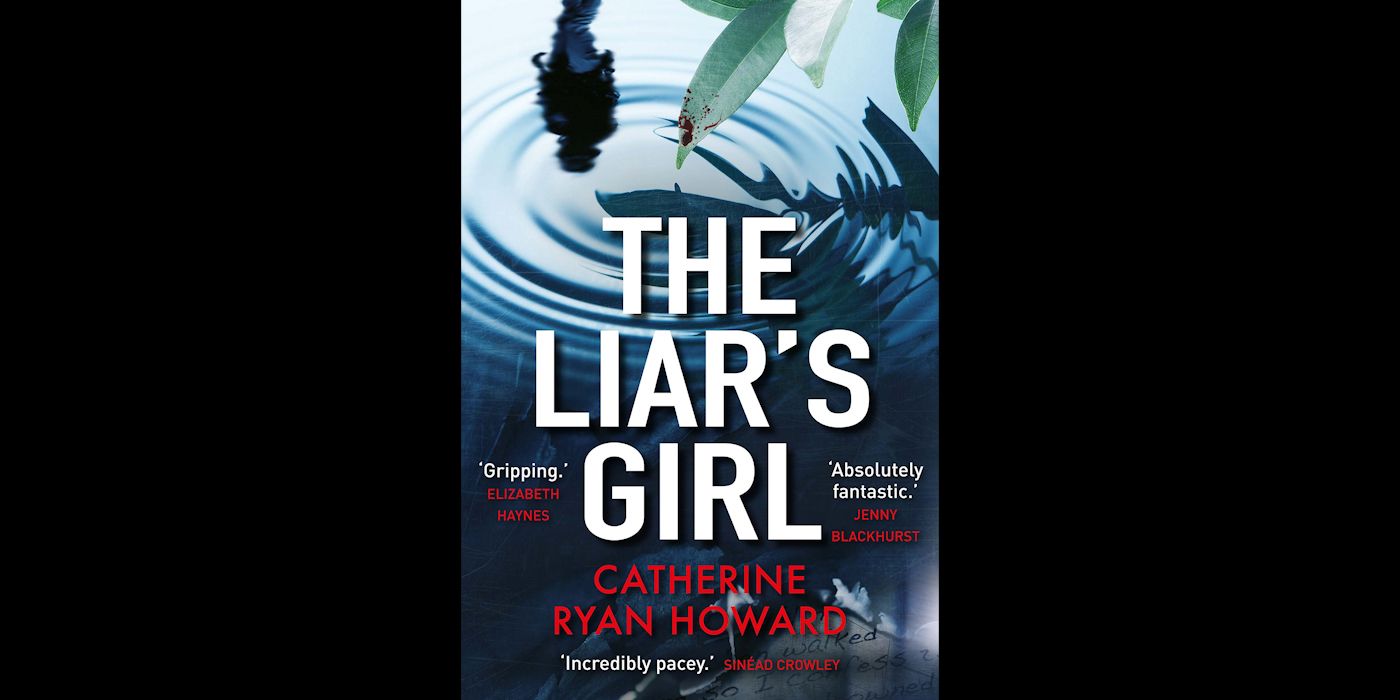Alfred Hitchcock wasn’t just the master of suspense but the master of implication. To skirt around the constraints of the Hays Code, his movies tended to deal in suggestion. A glance held too long, a truth hidden just beneath the surface, a character whose motives never quite add up. If you’re drawn to that sort of slow-burning tension, then the literary world has plenty to offer.
The ten books on this list echo the spirit of Hitchcock’s movies in both plot and tone: cool, controlled, and quietly devastating. Some are gothic. Others are domestic. A few are devastatingly modern. Whether you’re haunted by Vertigo or obsessed with Rear Window, they all belong on your nightstand.
10
‘They’ (2023)
Written by Kay Dick
“It began with a feeling of being watched, of being followed, of being erased.” A quiet dread permeates They, a “lost” dystopian novel that resurfaced to critical acclaim decades after its publication. It depicts a surreal, nightmarish world where artists and intellectuals are targeted not with guns but with erasure, their works destroyed, thoughts censored, individuality flattened. The plot is elliptical and experimental, but the atmosphere is pure Hitchcock: a civilized world slowly infected by surveillance, silence, and authoritarian menace.
This is a lean book, clocking in at just 128 pages, making it relatively unintimidating, despite the bleak content. In terms of the actual writing, Dick‘s prose is spare and dreamlike, but the fear it conjures is sharp and disorienting. She never tells you what exactly “they” want, and that’s the point. The unease comes from what remains unspoken, unseen. Hitchcock would have admired the novel’s restraint, its precision, and its refusal to resolve.
9
‘Disgrace’ (1999)
Written by J.M. Coetzee
“Repentance belongs to another world.” There’s no murder in Disgrace, but it plays out like one long, slow psychological crime. Set in post-apartheid South Africa, the novel follows David Lurie, a professor who exiles himself to his daughter’s farm in the countryside after a scandal. But redemption isn’t on the menu. Instead, what unfolds is a brutal, morally tangled reckoning with power, gender, violence, and guilt. Nobel Prize-winner J.M. Coetzee writes with such cold clarity that even the most violent acts feel disturbingly quiet.
Disgrace is filled with the kinds of ambiguities Hitchcock loved, like a protagonist who’s both victim and predator, a story where justice never quite arrives, and an ending that offers no comfort. What’s most Hitchcockian, though, is the sense that behind every polite conversation or dusty road lies something festering. It’s a grim but brilliant book, and a blistering portrait of modern South Africa. It grapples complexly with shame, legacy, and what it means to live ethically when the old rules no longer apply.
8
‘Eileen’ (2015)
Written by Ottessa Moshfegh
“I looked like a girl you’d expect to see on a city bus, reading True Crime and chewing on the plastic cap of her lipstick.” That’s how Eileen introduces herself, and it’s a lie. Ottessa Moshfegh‘s debut is a masterclass in psychological misdirection. It’s part character study, part slow-motion car crash. Eileen is a bitter, isolated young woman living with her alcoholic father and working at a boys’ prison in 1960s New England. When a glamorous new colleague arrives, things start to spiral into obsession, deception, and ultimately, violence.
Eileen is the kind of unreliable narrator Hitchcock built entire films around; self-deluded, repressed, and simmering with unacknowledged rage. Moshfegh’s prose is fittingly scalpel-sharp, the tone constantly walking the line between dark humor and genuine menace. Like Vertigo in book form, Eileen is about the dangerous fantasies we build, and what happens when someone tries to live them out.
7
‘The Secret History’ (1992)
Written by Donna Tartt
From the first line—”The snow in the mountains was melting and Bunny had been dead for several weeks before we understood the gravity of our situation”—The Secret History oozes the cool, elegant dread of a perfect Hitchcock thriller. Set at an elite college in Vermont, it follows a group of eccentric classics students who fall under the sway of a charismatic professor and each other. But their intellectual fervor eventually curdles into something far more dangerous.
Like Rope or Shadow of a Doubt, The Secret History is fascinated by evil not as something foreign, but as something cultivated by intelligence, comfort, and longing. There’s no mystery about who dies or who killed him. The suspense comes from watching it unfold, the way charm becomes coercion, and idealism turns feral. It’s a terrific book, both intelligent and addictively entertaining. Donna Tartt‘s prose is lush but brutal, and the novel’s tone is one of decadent decay.
6
‘You Should Have Known’ (2014)
Written by Jean Hanff Korelitz
“And before we’re taken in, not after.” Grace Sachs has it all: a successful career as a therapist, a devoted husband, a beautiful apartment. Then her husband disappears, and the truth unravels. You Should Have Known is a slow-burn psychological thriller in the tradition of Suspicion and Rebecca, a novel about the stories we tell ourselves and what it takes to shatter them. The author smartly anchors the tension not in bloodshed or mayhem but in the slow, dawning horror of realization. Grace, in many ways, is complicit.
Her downfall comes not from what she doesn’t know, but from what she refuses to look at. Through her, the book plays with Hitchcockian tropes like marriage as a trap, charm as camouflage, and identity as illusion, while updating them for the modern reader. Korelitz knows that today’s monsters don’t wear capes or creep through shadows. They sit beside us at dinner. And sometimes, we love them.
5
‘My Dark Vanessa’ (2020)
Written by Kate Elizabeth Russell
“If it isn’t a love story, then what is it?” This one was a big hit a few years ago. My Dark Vanessa is less a whodunit than a “why-dunit”. Vanessa, a teenager in the early 2000s, enters into what she believes is a “relationship” with her English teacher. Years later, when that same teacher is accused of abuse by another former student, Vanessa is forced to confront the truth she’s spent decades suppressing. It’s a story about denial, power, memory, and the long shadow of grooming, jumping back and forth in time.
In this regard, the story bears some similarities to the movie Una, but with more of a thriller edge. Like Hitchcock’s most provocative films, this novel forces the reader into morally queasy territory, asking not just what happened, but what it meant. Ultimately, My Dark Vanessa explores the kind of emotional claustrophobia Hitchcock loved—the inescapable prison of a character’s own mind.
4
‘Death in Her Hands’ (2020)
Written by Ottessa Moshfegh
A widow walking her dog in the woods finds a note pinned to the ground: “Her name was Magda. Nobody will ever know who killed her. It wasn’t me. Here is her dead body.” But there’s no body. Just the note. From that moment, Death in Her Hands becomes a slippery, surreal thriller, a murder mystery that’s really about watching a lonely woman spiral into obsession. This was Moshfegh’s third novel and a significantly more ambitious one.
Like The Trouble with Harry with its corpse removed, it’s dark, disorienting, and, sometimes, blackly funny. Moshfegh’s narrator is unreliable in the extreme, her mind a fog of projection, fantasy, and creeping paranoia. What’s Hitchcockian here isn’t the murder mystery (there isn’t one, really) but the tone: the tension between absurdity and menace, the way imagination metastasizes into madness. Overall, Death in Her Hands is both a parody of detective fiction and a psychological case study in loneliness and delusion.
3
‘Journey into Fear’ (1940)
Written by Eric Ambler
“It was people who were safe and well fed who invented good and evil so that they would not have to worry about the people who were hungry and unsafe.” A minor British engineer finds himself at the center of a deadly international conspiracy in Journey into Fear, a brisk, efficient espionage novel that was practically written to be filmed by Hitchcock. And in fact, it nearly was: Orson Welles adapted it just a couple of years later.
Despite the spy elements, the protagonist is no James Bond. He’s a bureaucrat, dragged into a spy plot he doesn’t understand and can’t control. The action unfolds mostly aboard a slow-moving freighter, turning the ship into a floating pressure cooker. The tension comes from the uncertainty and the mistrust. Like The 39 Steps or North by Northwest, Journey into Fear thrives on suspense, mistaken identity, and the nagging suspicion that nobody is exactly who they claim to be.
2
‘The Body Lies’ (2019)
Written by Jo Baker
“I was a woman who had been written into being by a man.” In this one, a young mother takes a job teaching at a rural university, hoping to outrun past trauma. But she winds up finding something even darker there. One of her male students starts turning their interactions into fiction, writing stories that grow more invasive, more personal, and eventually more bloody. The Body Lies is an eerily intimate thriller, perhaps a kind of feminist counterweight to Vertigo or Psycho, where the woman isn’t merely victim or cipher but the active center of the story.
Jo Baker threads Hitchcockian menace through the everyday. Rainy commutes, campus politics, and faculty drinks become tense. The suspense builds not through action but through implication, the feeling that the boundary between reality and narrative is fraying, and that someone else is trying to take control of your story. It’s a fresh way of looking at voyeurism.
1
‘The Liar’s Girl’ (2018)
Written by Catherine Ryan Howard
“The truth doesn’t always set you free. Sometimes it does the opposite.” Ten years ago, Alison Smith’s boyfriend was arrested for a string of murders on their university campus. She’s tried to forget. But when new bodies surface and the police suspect a copycat (or an accomplice), they drag her back in. From here, The Liar’s Girl unfolds like a classic Hitchcock potboiler, with a young woman caught between past and present, the story darting nimbly between dual timelines.
What makes it so effective is its emotional realism. The author captures how trauma lingers, how trust can be both weapon and wound. The suspense is rooted not just in plot twists (though there are plenty), but in character. Can you ever really know someone? Can you trust your own memories? Overall, The Liar’s Girl is moody, taut, and readable, a perfect psychological mystery for fans of Hitchcock’s darker, twistier instincts.

